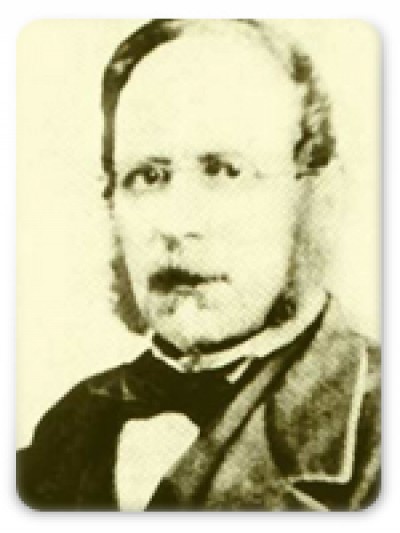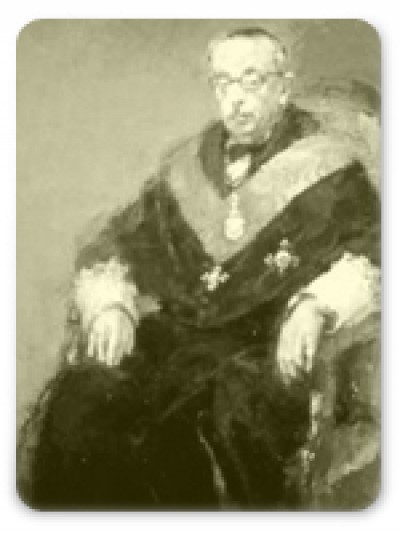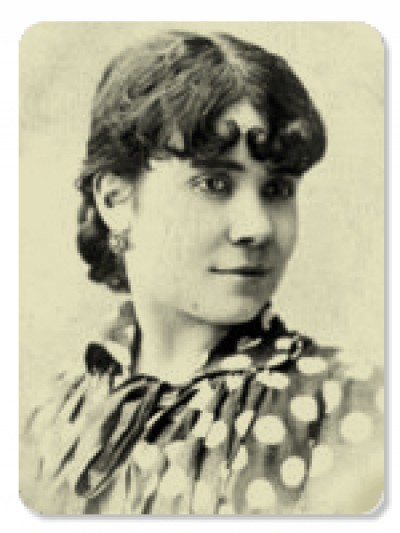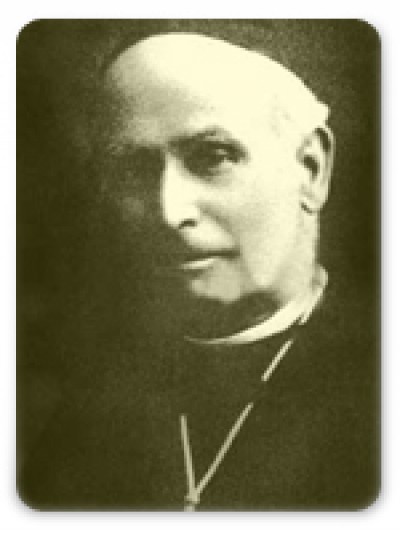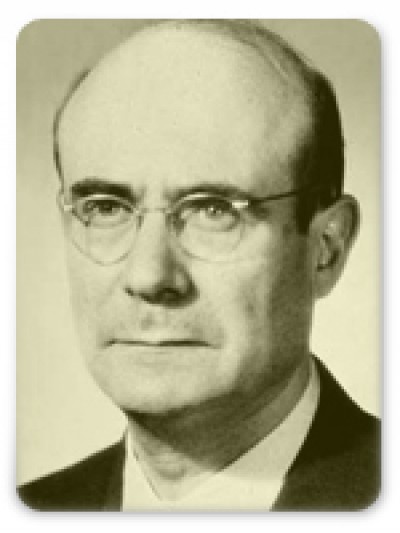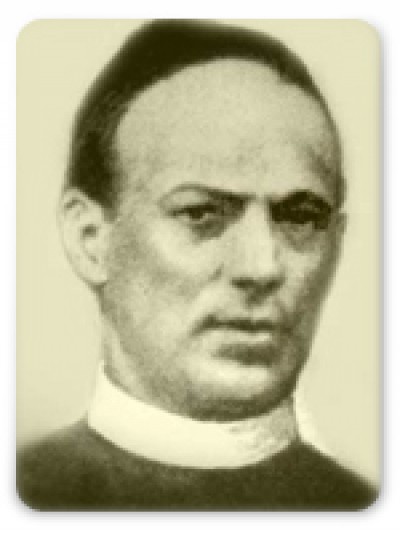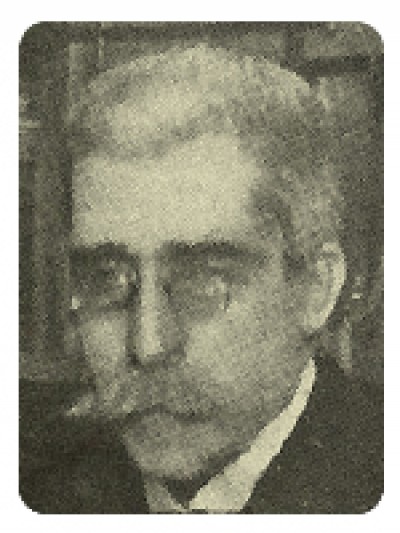He was Professor of theoretical mechanics (1835) and experimental physics (1841) at the Institut de Barcelona. He was also Professor of Chemistry (1845) at the Faculty of Science at the Universitat de Barcelona.
He was Professor of anthropology at the University of Barcelona since 1941 and rector in the same university from 1963 to 1965. He was the director of the Centro de Genética Animal y Humana del Consejo Superior de Investigaciones Científicas.
In 1872, Catalan classrooms began to admit women with a strong desire to study medicine despite their difficulties in having access to education. Aleu i Riera was a pioneer and became the first woman to graduate in medicine and surgery in Spain and also the first to receive a PhD.
He got his Ph.D. degree in science at the University of Barcelona and in theology at the Universitat de València. He was a teacher of geology and natural history in the Barcelona. He was a disciple of Landerer, with who collaborate in a study about el Maestrat in 1876. In 1874 he founded the Museo de Geognosia y Paleontología in Barcelona.
Doctor, nephrologist. He was a member of the science section of the Institut d’Estudis Catalans from 1961. In 1927 he got his degree in medicine in Barcelona and from 1934 to 1939 he was a helper teacher of pathology at the Universitat Autónoma de Barcelona.
In 1857 he set up a gas factory in Mataró (Barcelona) and five years after he patented the first inhalation gas called gas Arbós, which is a mixture of water gas and hydrocarbon.
Artigas i Teixidor finished his studies in 1870 and started his work in various different forested areas and in the Forest Engineering School, where he was appointed professor. Later in life he was appointed to the Forest Advisory Board, the highest governing body of forestry. Artigas i Teixidor is considered a pioneer in the development of treaties on Mediterranean silviculture, and specifically his treaty on cork and the cork industry which has been used by countless students and other people interested in the topic.

